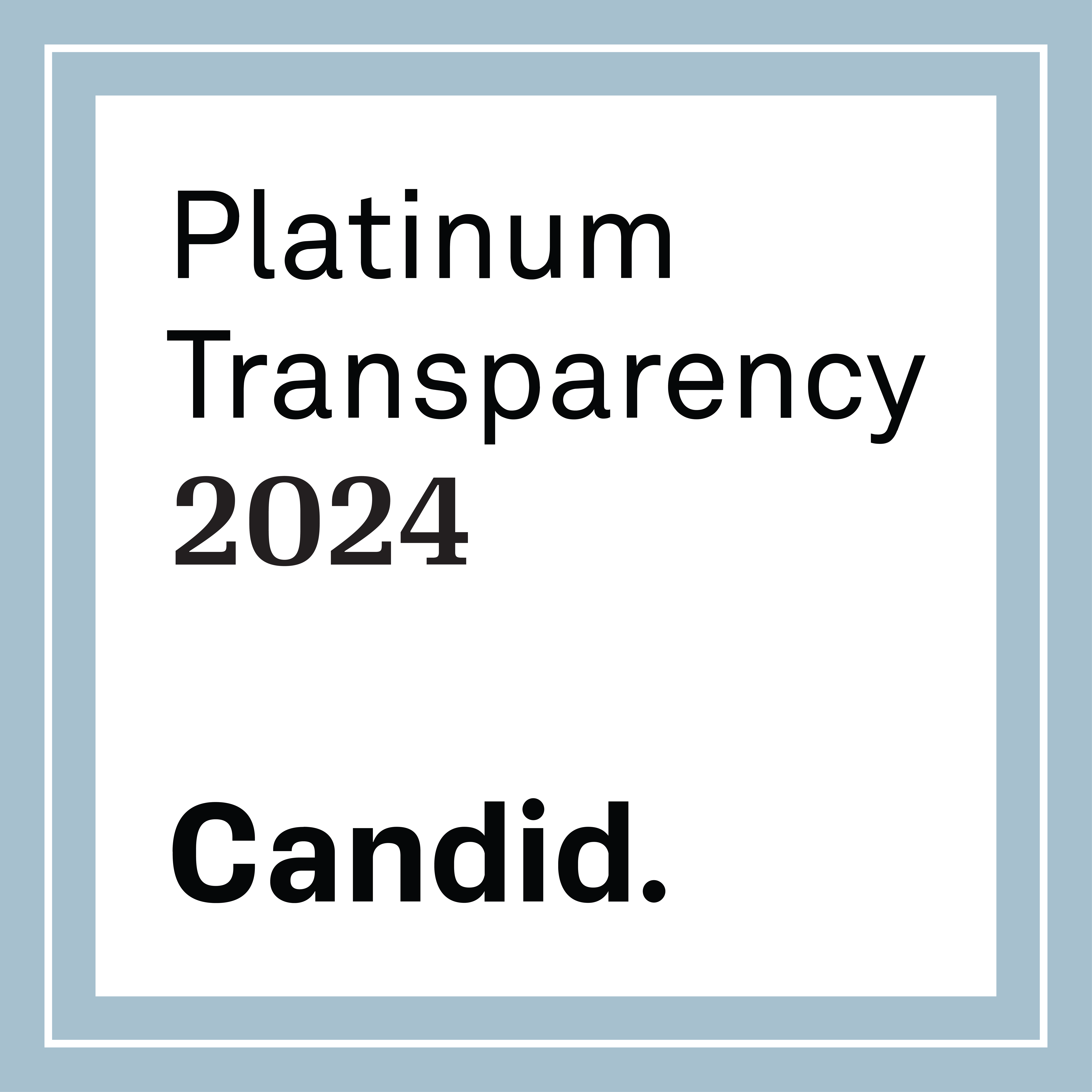Written By: Lindsay H. and Hannah W.
Having basic needs met is a core tenet of Human Rights. While there are many different facets to basic needs, the most fundamental basic need we have as humans is the need for nutritious food and clean water. Without access to food and water, a child is not safe. Even though these basic needs are protected in the Universal Declaration of Human Rights, they often go unmet. Nearly 2.2 billion people are without access to clean water and 820 million people are without food. A large portion of these numbers are children like Neeta.
Neeta is 5 years old and at high risk of being trafficked due to her lack of access to basic necessities. She is severely undernourished and there is not enough food in her community to go around. Most days, Neeta is given a small piece of flatbread and a bit of lentil soup. Otherwise, Neeta goes without eating any food at all. Her body shows signs of malnutrition. Sores cover her legs; her hair is brittle and she is unable to fight off sickness. Traffickers target Neeta because they know her situation is desperate. She is vulnerable and easily taken advantage of. We have seen, in our 20+ years of work, the power in meeting basic needs to stop trafficking. Meeting Neeta’s basic need for food will, not only help her little body heal and grow, but also it will protect her from traffickers.
Neeta’s story shows why access to basic necessities is incredibly important, and one of the many reasons why it is included in the Universal Declaration of Human Rights.
Article 25 of the UDHR states “Everyone has the right to a standard of living adequate for the health and well-being of himself and of his family, including food, clothing, housing and medical care and necessary social services, and the right to security in the event of unemployment, sickness, disability, widowhood, old age or other lack of livelihood in circumstances beyond his control.”
Regardless of the things that make us different such as ethnicity or gender, human rights are given freely to every person. The complexity of this topic does not go unnoticed and it cannot be understated. However, there is a simple truth that always remains, life matters. Full stop. For all of the complex definitions that exist with the phrase “human rights,” it boils down to this: As a human, your life is valuable. You are born with certain rights, basic truths that cannot be taken away from you.
Neeta was also born with Human Rights. Her life matters. Full stop.
2.2 billion people without access to clean water and 820 million people without food, can feel like overwhelming problems. However, change can happen when collectively we step in and work together to meet these needs.
You have an opportunity to make sure at-risk children like Neeta are safe.
What will you do?







